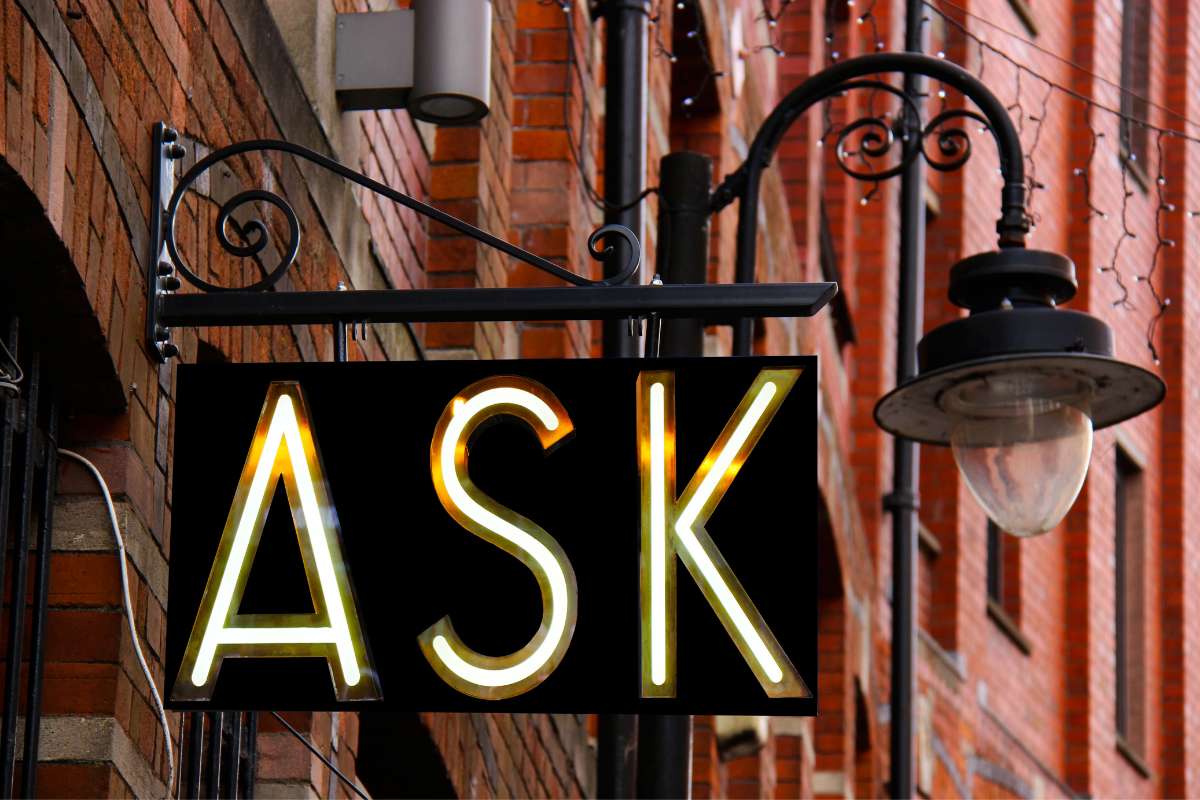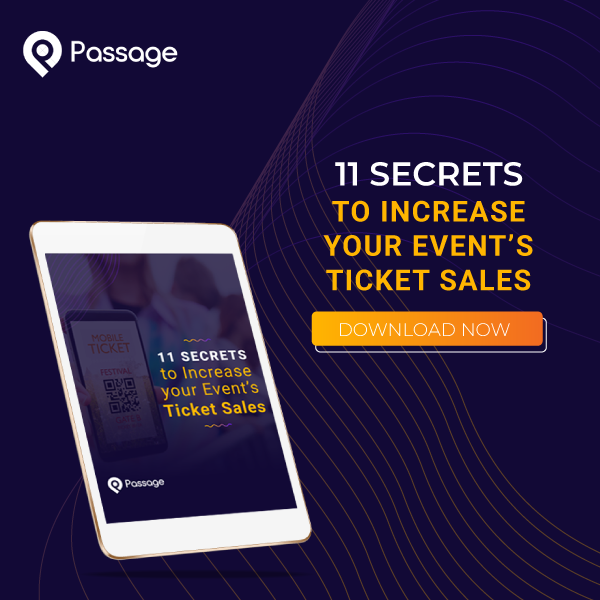Producing a high-quality, professional event, whether it’s virtual or in-person, requires a lot of hard work, organization, and attention to detail. But that can all be derailed by one bad vendor. Especially if that vendor manages your ticketing and payments – this is how you make money!
Choosing a virtual events platform to partner with your event is an important decision. When you’re evaluating potential platforms, keep these 10 questions ready to help you decide whether they’re the right partner for you.
1. How much will it cost?
This is often the first question our team answers when we onboard a new client is about costs, so we imagine it’s pretty high on your list, too. That’s understandable: costs and ROI are critical to your business.
Don’t just ask potential virtual events partners what their service fees are. Ask if they have any minimum-length contracts, monthly fees, or setup costs. Can any service fees be passed on to ticket purchasers? Passing on the fees can lower your overall costs and produce a more profitable virtual event.
2. Will I get the support I need?
Whether you’re new to virtual events or a seasoned pro, every event producer knows the importance of a solid support team. You need to know someone has your back if things get off track. We’re not just talking about your production team; a good virtual events partner should be there for you during the planning, live show, and post-show wrap-up to help you succeed.
Communication should be easy and convenient for you. If you don’t see a chat button on their website or a way to call in and speak with a real person, that’s a red flag.
Don’t just think about yourself, though. Consider your guests: will they be able to contact ticketing support if they have questions or need help? A good virtual events partner will help with guest ticketing support, so you can focus on producing a great event.
3. How will you help me communicate with guests?
A virtual event isn’t just a one-way livestream. Like an in-person event, engaging your guests in real-time is critical to growing an enthusiastic fanbase.
Ask potential partners whether they support live chat during your livestream. Don’t forget about communications before and after the event, too. Will you be able to email event attendees before the big day to remind them how and when to access the event? Or send followup surveys after it ends? Ask about integrations with the email marketing platform you use; will you be able to access customer data so you can re-market to them?
4. Can I customize my virtual event page?
Even if you’re not looking for a completely whitelabel solution, you probably want to add some customization to both your ticketing and livestreaming pages. This strengthens your brand and offers guests a more seamless experience.
Will you be able to add your own logo and graphics? Can you embed the ticketing form and livestream on your own website? Ask potential partners what is possible with their system, and how much support they can offer in helping you set up the customizations you need.
Did you know? Passage is customizable for your brand, and we even offer a whitelabel solution for advanced options. Schedule a demo to learn more.
5. Can you record and replay my live stream?
Whether your event is entirely virtual or a hybrid event, the ability to record your livestream for guests to playback later can help you bring in additional revenue. Look for a livestream partner who can capture your livestream as it happens, then replay it during specific time windows you set up or on-demand whenever a guest purchases access. One of the benefits of virtual events is unlimited attendance, so look for a partner that really helps you maximize that by replaying your event for as many guests as possible.
6. Can I upload and schedule pre-recorded content?
Here’s a little virtual event secret: live events aren’t always “live”. Some of the best and most-engaging virtual events have pre-recorded segments, or may even be entirely pre-recorded and played as a simulated live webcast.
Pre-recorded isn’t necessarily a bad thing. In fact, it can allow for higher production quality in some cases. It offers guests the intimacy and excitement of a live performance but provides the event producers and artists with more flexibility on the production side. What happens when a performer’s wifi gives out mid-performance? With a pre-recording, that’s not an issue! Ask potential partners whether this is an option for your event, and what kind of support they can offer to help you set it up.
7. Do you offer different ticket types?
Just like in-person events, virtual events are not one-size-fits-all. Does your event need both general and VIP access? Or maybe a bundled ticket which gives guests access to every show in a series? Do you plan to host in-person events as well as virtual ones in the future?
An ideal virtual events partner will be able to manage both types of events, in addition to hybrid events which have both a virtual and in-person component. And you should be able to create as many types of tickets – with different price points and varying levels of access – as your event calls for.
YouTube, Vimeo, Facebook Live, Twitch. There are plenty of paid and free streaming services out there, each with different benefits and drawbacks.
Ask potential virtual events partners not only which platforms are compatible with their system, but if and how they can SECURE access to your livestream. Why go to all the trouble of producing a professional event if anyone can sneak in?
It’s also a good idea to ask whether they have their own streaming platform you can use. This can help simplify things for your event, so you’re not jumping back and forth between multiple platforms.
9. When will I get paid?
This is huge. Especially these days, getting timely access to your ticket revenue can make or break a business’ cash flow.
A good virtual events partner will transfer ticket funds as they come in, within two business days of every sale. If your provider wants to make you wait until after your event ends, or there’s an additional delay in sending you funds, ask why.
10. How will you help me make money?
Ticket revenue is just one small part of an event’s overall revenue strategy. When you attend an in-person event, there are upsell opportunities for merchandise, VIP experiences, and concessions, plus sponsorship packages and other revenue streams. Don’t settle for a partner who ignores those just because your event isn’t an in-person affair.
Do they support merchandise sales? Is there a way for guests to donate or tip the artists live during your event? Can they offer social discounts, which give guests an immediate discount for sharing your event with their friends? A robust system should make it easy for you to incorporate sponsorship packages into your event, too.











